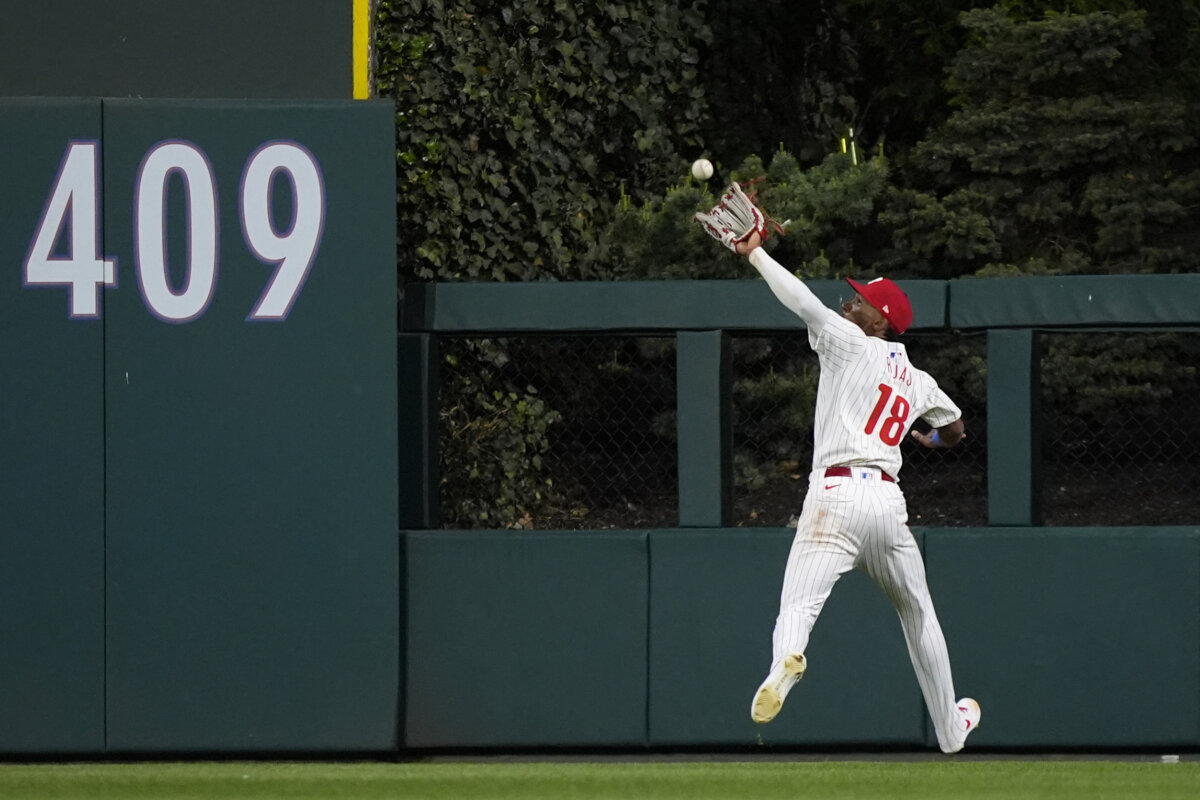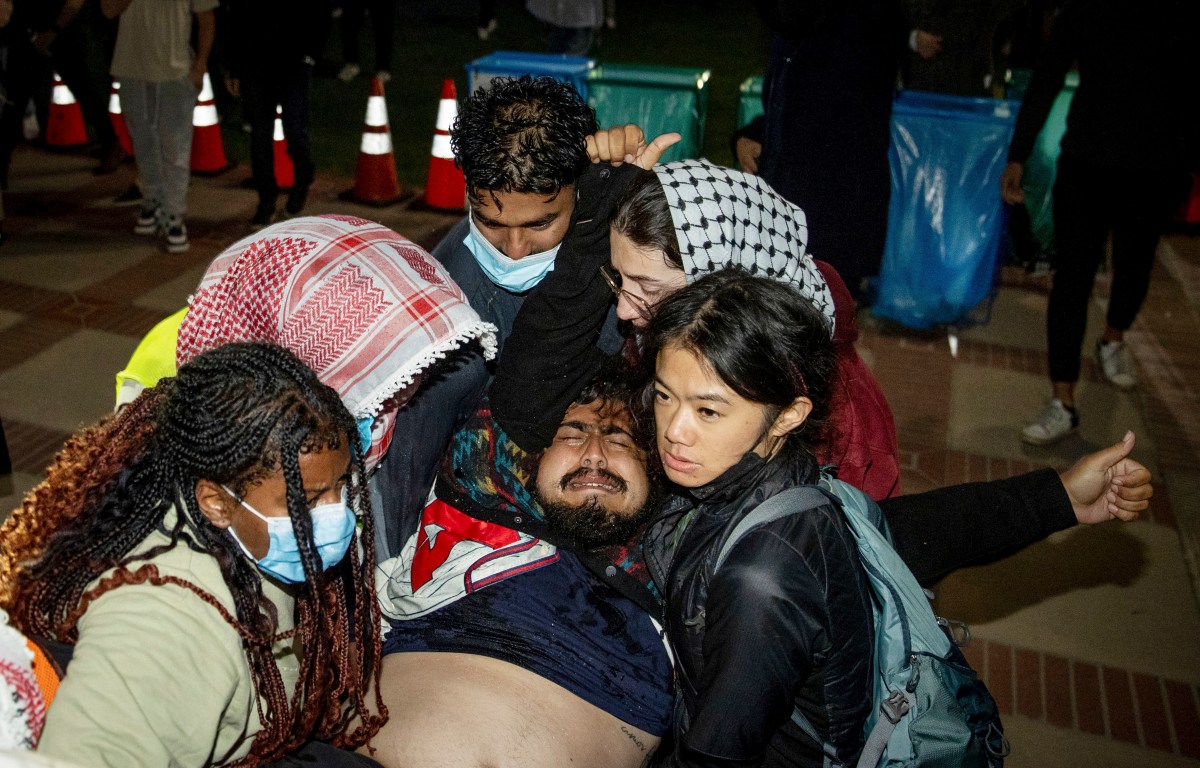‘Jackie’ “Jackie” is a deep, deep stew in misery, grief and fear for a gloomy future. In other words, it’s perfect for right now. This long post-election moment shall pass, for those of us wallowing in it, before transforming into who knows what. Our heroine is in a similar funk, though her pain is far more personal and visceral than ours: She is, after all, Jacqueline Kennedy (Natalie Portman), and her husband has just been murdered. “Jackie” isn’t about the JFK assassination, and not much of historical or biographical note happens. Instead it’s a partly speculative account of the days after the tragedy, when the First Lady brooded, lashed out, acted out and guzzled Stoli while listening to “Camelot” on the Victrola, the lyrics that once defined her husband’s presidency taking on a whole new, chilling meaning. For Portman, this could have been mere Oscar bait. The role certainly ticks off all the boxes: She gets to do an accent, she gets to cry, she gets a couple tell-off shouting jags. But Jackie’s mostly depressed and despondent, struggling to maintain composure and mostly succeeding in bumming everyone out by talking about other presidents who were assassinated while in office. As it happens, this plays to one of Portman’s bigger strengths. She’s an actress who sometimes tries too hard, and you can see the strain of her work. But “Jackie” is more like “Black Swan,” where the strain is part of the role. Her Jackie is deeply uncomfortable in her body and her mind; she comes off like a malfunctioning robot, trying to remember how to do her duties as a particularly elegant FLOTUS and barely eking by. RELATED: New on Netflix: “Boyhood,” “Burn After Reading,” “Paddington” There’s another reason Portman looks uncomfortable, in a good way: There’s a camera often inches from her face. Chilean director Pablo Larrain isn’t some prestige picture hack, but one of modern cinema’s most dexterous and playful filmmakers. He made the sly Pinochet-era election movie “No” (another movie that would go down swimmingly right now), and he has another renegade sorta-biopic, “Neruda,” due here in only a matter of weeks. Like Isabelle Huppert and director Paul Verhoeven on “Elle,” Portman and Larrain are like a dynamic duo. He stays by her side, or up close and personal. His camera never stays put; his movie’s always on the move. Instead of hitting plot points or historical moments, “Jackie” moves like a piece of music, grooving right along with Mica Levi’s menacing string score, all in the service of trailing a woman whose emotional throughline resembles a runaway roller coaster. Ultimately “Jackie” isn’t that different from “Manchester by the Sea.” Both films deal with bottomless torment, but also with the way the death of a loved one brings headaches big and small. When she can do anything productive, Portman’s Jackie has to deal with when to tell her young children daddy’s been killed, what to pack up when she vacates the White House, who to invite to the funeral. Freed from the shackles of First Lady-dom, she wears her blood-stained pink Chanel suit too long and is combative with both RFK (Peter Sarsgaard) and the salty Irish priest (John Hurt) whose defensive answers to her pitiless questions only offer the solace that, yes, the world can be a terrible place for everyone. The final minutes are a touch too obvious, as are moments here and there. Still, it never feeds us the comforting lie that grief will ever fully go away. It’s a document of pain in its rawest form, before things get better — or, you know, worse.
Director: Pablo Larrain
Stars: Natalie Portman, Peter Sarsgaard
Rating: R
4 (out of 5) Globes
‘Jackie’ is a strong movie about the deep funk following a tragedy

Fox Searchlight
Follow Matt Prigge on Twitter @mattprigge


















